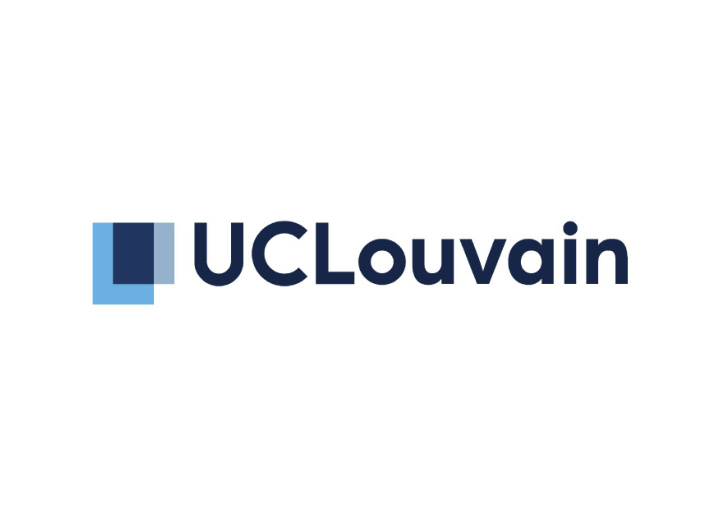



2
The University of Louvain was established in 1425 The city of Louvain-la-Neuve was created in 1971
Key information ca. 29 000 students ca. 1 700 faculty members + 2 000 research scientists ca. 20% international students 54:46 female:male students 101-200 th Shanghai ranking; 128 th Times Higher Education Suppl. 4
Louvain Louvain School of School of Engineering Engineering FAME@UCLouvain Louvain School of Engineering Dept of Materials Science and Chemical Engineering 5
The FAME@UCLouvain master program Engineering of Materials & Nanostructures – 30 credits Semester ECTS
The FAME@UCLouvain master program Engineering of Materials & Nanostructures – 30 credits Semester ECTS COMPULSORY (waived if prior knowledge is demonstrated) Polymer Science and Engineering S1 5 Physical Chemistry of Metals and Ceramics S1 5 Physics of Functional Materials S1 5 Deformation and Fracture of Materials S1 5
The FAME@UCLouvain master program Engineering of Materials & Nanostructures – 30 credits Semester ECTS COMPULSORY (waived if prior knowledge is demonstrated) Polymer Science and Engineering S1 5 Physical Chemistry of Metals and Ceramics S1 5 Physics of Functional Materials S1 5 Deformation and Fracture of Materials S1 5 ELECTIVE (select two or more – all courses of EPL are in English) Select courses among the following specializations: Nanotechnology Biomaterials Polymers and macromolecules Mechanics of materials Inorganic materials and processes Chemical and environmental engineering complete list at uclouvain.be/en-prog-2018-kima2m-options
The FAME@UCLouvain master program Engineering of Materials & Nanostructures – 30 credits Semester ECTS COMPULSORY (waived if prior knowledge is demonstrated) Polymer Science and Engineering S1 5 Physical Chemistry of Metals and Ceramics S1 5 Physics of Functional Materials S1 5 Deformation and Fracture of Materials S1 5 EXEMPLES OF ELECTIVES Physics of Nanostructures S1 5 Design of Micro- and Nano-Systems S1 5 Micro- and Nano-Fabrication Techniques S2 5 Macromolecular Nanotechnology S2 5 Physical Chemistry and Chemistry of Polymers S1 5 Project in Polymer Science S2 5 Biomaterials S1 5 Materials Selection S2 5 Characterization of Inorganic Materials S1 5 Many other possible elective courses: uclouvain.be/en-prog-2018-kima2m-options
Learning-, not teaching ! Engineering of Materials & Nanostructures – 30 credits COMPULSORY (waived if prior knowledge is demonstrated) Polymer Science and Engineering Partially fl ipped classroom Physical Chemistry of Metals and Ceramics Physics of Functional Materials Reading project-based Deformation and Fracture of Materials Partially project-based EXEMPLES OF ELECTIVES Physics of Nanostructures Design of Micro- and Nano-Systems Practical project-based Micro- and Nano-Fabrication Techniques Practical project-based Macromolecular Nanotechnology Reading project-based Physical Chemistry and Chemistry of Polymers Flipped classroom Project in Polymer Science 3D printing-based Polymer Materials Reading project-based Materials Selection Project-based Characterization of Inorganic Materials Many other elective courses are possible 10
Master thesis & research Institute of Condensed Matter and Nanosciences Institute of Information and Communication Technologies, Electronics and Applied Mathematics Institute of Mechanics, Materials and Civil Engineering Institute of Life Sciences
Master thesis – rules 30 credits spread over two semesters (except external collaboration). Selected during the two first weeks of the first semester. Possible in collaboration with industry or external lab if 30 credits passed successfully in S1 : either proposed by a professor in UCLouvain; or supported by a professor in UCLouvain acting as co-supervisor.
Louvain School Louvain School of Engineering of Engineering alain.jonas@uclouvain.be
Recommend
More recommend